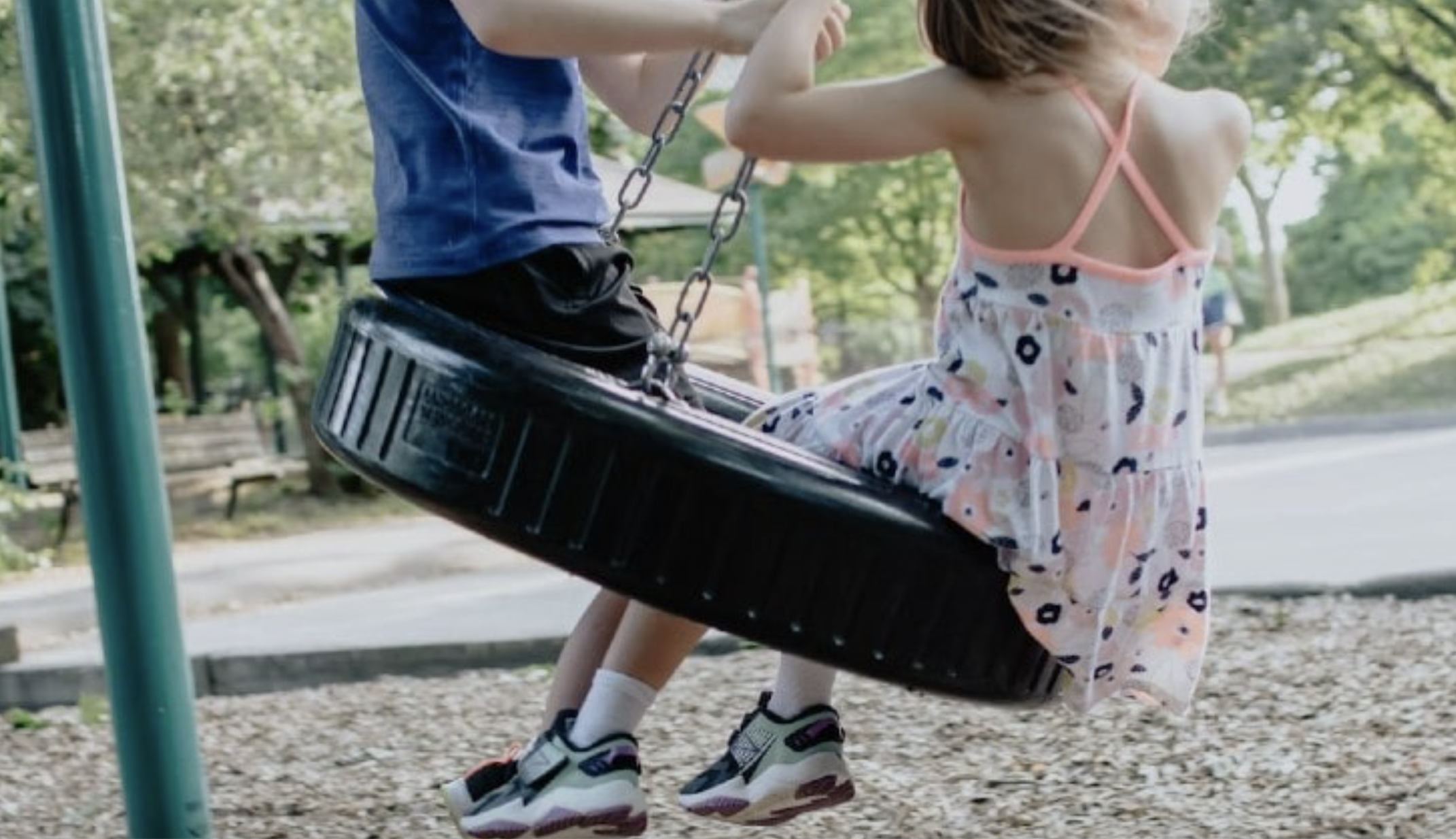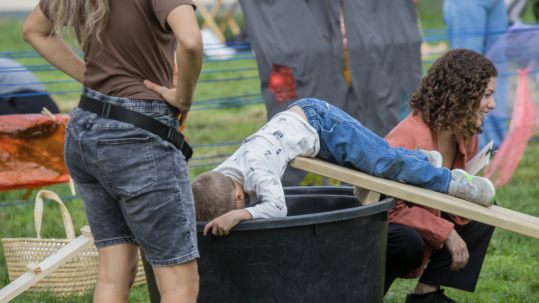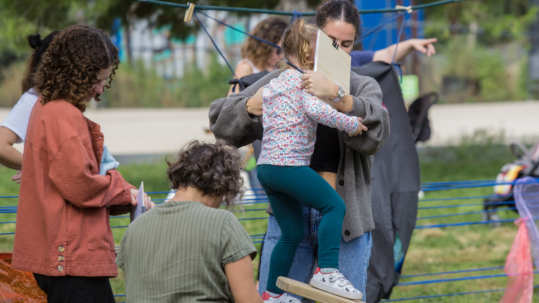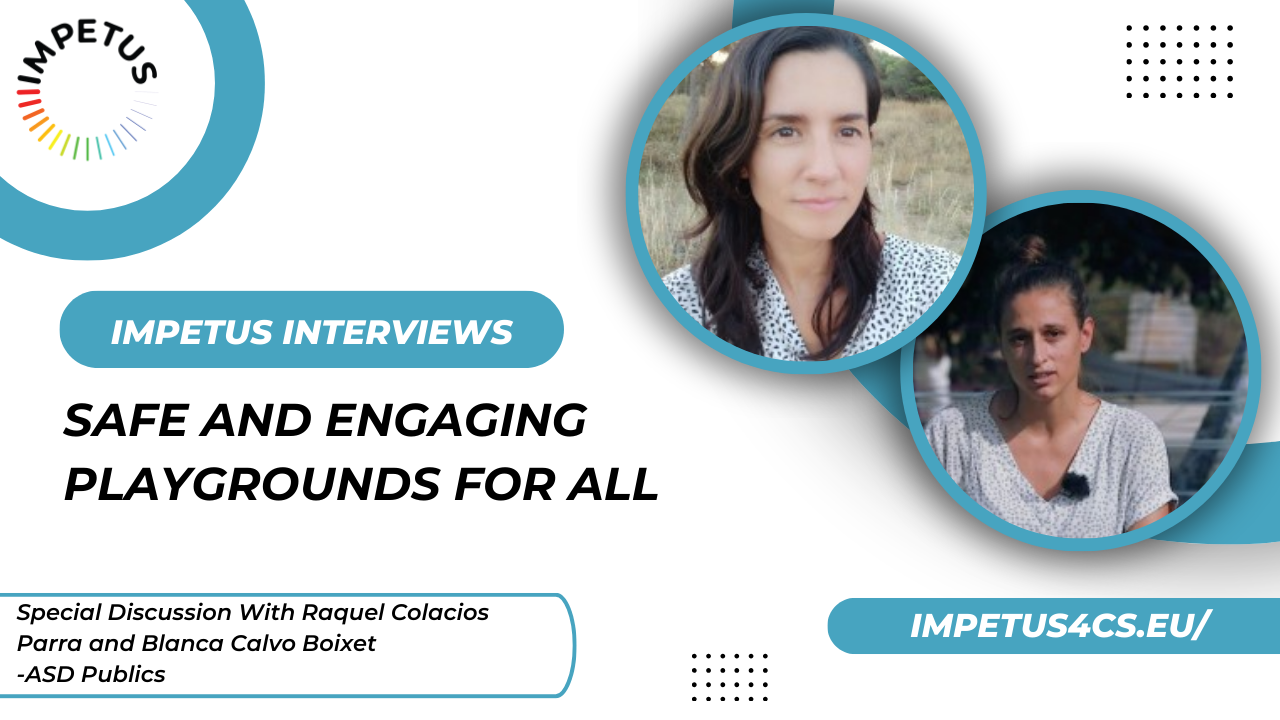A Place to Play
Outdoor play is vital for children, offering opportunities to learn, make friends, and develop social skills essential for navigating everyday life. However, finding a safe, inclusive, and engaging play area can be challenging—especially for children with additional needs.
Many playgrounds are not designed with neurodiverse children in mind, particularly those on the autism spectrum. This can lead to overwhelming or frustrating experiences for both the children and their parents, who want a space where their children can thrive, connect, and grow.



When you think of a playground, you might picture slides, swings, and jungle gyms. However, for children with autism spectrum disorder (ASD), some features of traditional play areas can be challenging to navigate. It’s time to reimagine these spaces to make them more inclusive and welcoming for everyone.
This is where the ASD Publics: Playable Cities for All project comes in. By collaborating with architects, urban planners, psychologists, artisans, and members of the ASD community, the initiative takes a citizen science approach to design better play experiences. Through workshops and activity-mapping exercises, the project has developed practical recommendations, innovative activities, and new tools to ensure that playtime is enjoyable and accessible for children with ASD and their families.
In this IMPETUS interview, Raquel Colacios and Blanca Calvo Boixet share how their work has helped transform playgrounds in Barcelona, making them more inclusive for children with autism spectrum disorder (ASD). They discuss the broader impact of initiatives like ASD Publics: Playable Cities for All, which not only create welcoming environments for neurodiverse children but also highlight the positive effects of inclusion for all children.
Their efforts have earned widespread recognition, including an honourable mention at the 2024 European Prize for Citizen Science.
Learn more about their inspiring work here:
Watch the full interview here:



